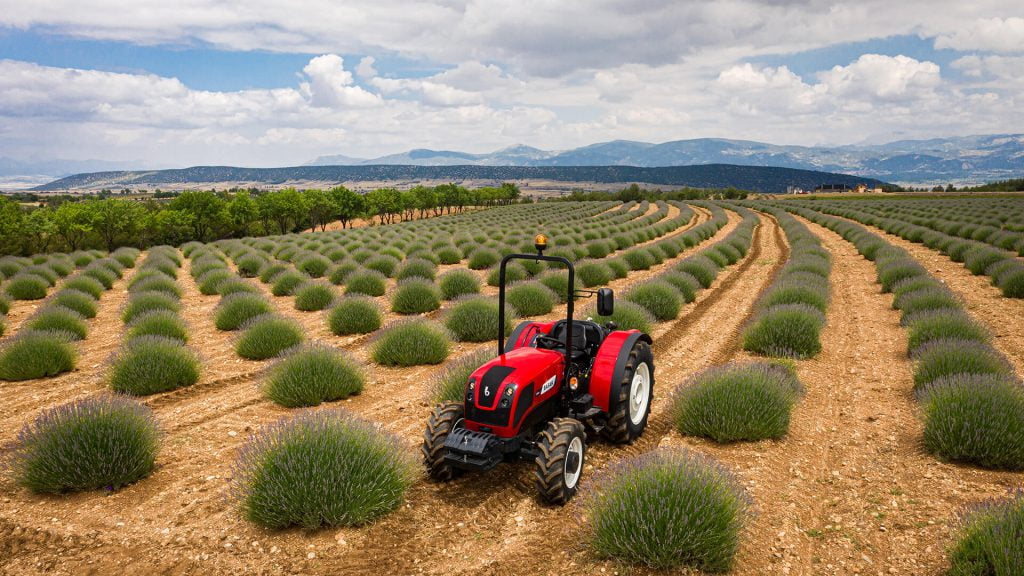YETRAC
Basak Traktör: Powering Turkish Agriculture with Precision Machinery
Basak Traktör: Powering Turkish Agriculture with Precision Machinery
Revolving the Wheels of Progress
In the picturesque landscapes of Turkey, where agriculture has thrived for centuries, stands a company deeply rooted in the nation’s farming heritage. Başak Traktör, also known as Basak Agricultural Tractors, Earth Moving, and Agricultural Machinery AG, is a prominent Turkish tractor manufacturer with a rich history and a strong commitment to advancing the country’s agricultural sector. Owned by the esteemed Sanko Group, Başak Traktör is renowned for its diverse range of field and orchard tractors, contributing significantly to the modernization of Turkish agriculture.
A Historic Journey
The roots of Başak Traktör extend deep into the past. The company’s journey began in 1914 when it was established as DA-TA, which intriguingly stands for “Demir Araba – Tahta Araba” in Turkish, translating to “Iron Vehicle – Wooden Vehicle.” In its early years, the company specialized in crafting horse-drawn vehicles, churns, beehives, and threshing machines, reflecting the agricultural demands of the time.
In 1944, the Turkish Agricultural Hardware Institution recognized the potential of this budding enterprise and acquired the plant. The institution, in a significant step, renamed it as “Sakarya Alat-ı Ziraiye” or SAZ, which translates to “Sakarya Agricultural Equipments.” Under its new ownership, the plant expanded its operations and even boasted a thermoelectric plant, providing electricity not only for the factory but also for the Sakarya region.
From Imports to Domestic Production
The turning point for Başak Traktör arrived in 1962 when it commenced importing Ford tractors, bringing modernity to Turkish agriculture. Six years later, they transitioned from importing to the manufacturing of Ford tractors under a licensing agreement. The commitment to local production was evident, with an impressive 65% domestic components rate in their tractors.
In 1979, Başak Traktör achieved another milestone by initiating the production of Austrian Steyr tractors under a similar licensing agreement. This move not only expanded their product portfolio but also contributed to their growing reputation as a reliable tractor manufacturer.
A Proud Name Emerges
In 1996, the company underwent a significant transformation. It was renamed “Başak Traktör,” signaling a new era in their journey. It was during this period that they began producing tractors under their own brand, marking their departure from assembling licensed tractors. This shift towards indigenous tractor production was a testament to their confidence in their capabilities and the quality they could deliver.
A Valiant Alliance with Sanko Group
In 2012, Başak Traktör entered a new phase in its history by joining hands with the esteemed Sanko Group. This collaboration not only reinforced the company’s position but also opened up new avenues for growth and innovation in the field of agricultural machinery.
The Product Portfolio: Driving Turkish Agriculture
Başak Traktör’s extensive product portfolio includes a wide range of tractors designed to cater to the diverse needs of Turkish agriculture. With both 2×4 and 4×4 models, the company offers close to 20 different tractor models. This variety is a testament to their commitment to serving the needs of Turkish farmers, regardless of the specific requirements of their agricultural operations. The factory’s impressive production capacity of approximately 10,000 units per year underscores their commitment to supporting Turkish agriculture.
Başak Traktör, with its deep-rooted history, commitment to domestic production, and strategic alliances, has played a pivotal role in advancing Turkish agriculture. As the nation continues to modernize its farming practices, Başak Traktör remains a dependable partner for farmers, empowering them with reliable, efficient, and precision-engineered tractors. In the heartland of Turkey, where agriculture is a way of life, Başak Traktör stands as a symbol of progress, innovation, and unwavering commitment to the nation’s agricultural legacy.

